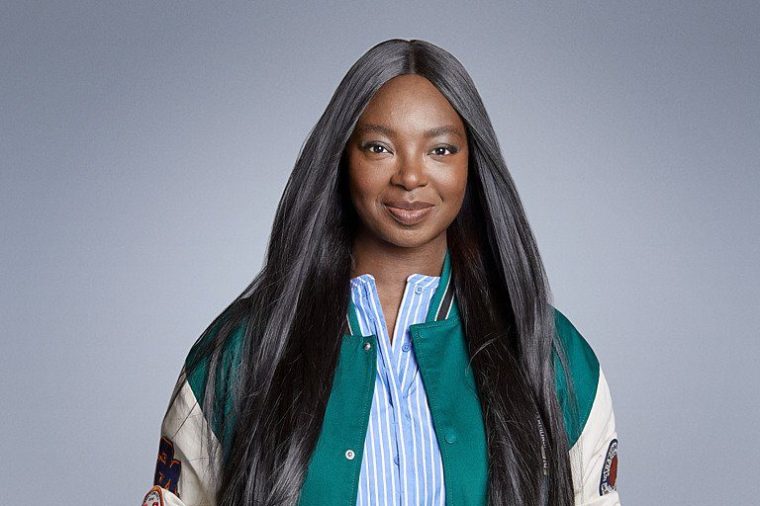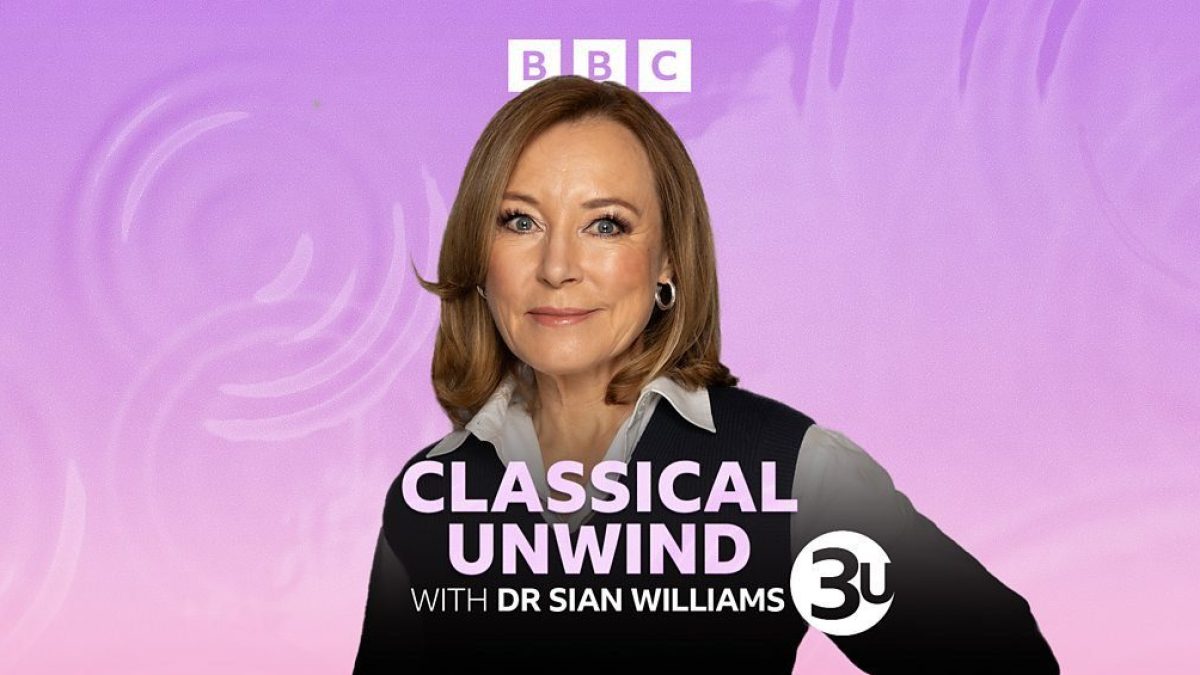The new ‘soothing’ Radio 3 Unwind spin-off has been accused of copying Classic FM’s Calm. But BBC claims rivals often play the same dead, male composers
The BBC has struck a blow against Classic FM in a battle over the booming audience for “chill out” radio.
The broadcaster has been accused of encroaching on the output of commercial stations after Ofcom this week gave permission for the BBC to launch a nationwide Radio 3 digital spin-off station, which will play “stress-free, soothing classical melodies” to help listeners switch-off and relax.
Commercial rivals including Classic FM, which airs a nightly “relaxing evenings” show, say the new Radio 3 Unwind station is a copy of programming they already provide and will cost them millions of pounds in advertising revenue.
Unwind could kill off Classic FM Calm, a new “chill-out” sister station launched by owners Global last year, and steal listeners from other stations including Magic Classical and Virgin Radio Chilled, the commercial sector fears.
But the BBC defended Unwind, saying its output would be “unlike anything heard elsewhere”. It will feature “restorative” sounds from young British music-makers, the BBC said, accusing Classic FM of playing the same dead, male composers.
Unwind presenters include former BBC Breakfast host Dr Sian Williams, who will discuss the “neurological benefits of music”, with the playlist aimed at helping listeners “escape the noise of daily life”.
BBC R2 ‘golden oldies’ station blocked
The row follows Ofcom’s decision to bar the BBC from launching a Radio 2 “golden oldies” spin-off. The regulator ruled that its arrival could crush newcomer Boom Radio, which has successfully targeted older listeners.
But at the same time, Ofcom approved two new Radio 1 spin-off channels and the BBC’s proposal to launch Radio 3 Unwind as a DAB+ station, expected to be available in the autumn.
Unwind has been running as a stream on BBC Sounds since November, prompting one critic to call its wash of therapeutic sound “music for the morgue”.
The station capitalised on Blue Monday, supposedly the most depressing day of the year, by picking up 150,000 listeners seeking an uplifting escape in early January, the BBC said.
Numbers peak overnight with some listeners seeking a mindfulness aid to sleeping.
Radiocentre, the trade body representing commercial stations, said it was “disappointing” that Ofcom allowed Unwind to go ahead given its “lack of distinctiveness”.
CEO Matt Payton said he expected Ofcom to monitor the new BBC services closely.
Radiocentre had claimed there would be considerable crossover between the music played on Unwind and Classic FM’s playlist.
“The station could be indistinguishable from Classic FM or Magic Classical,” it said in its submission to Ofcom.
“Popular and relaxing classical music is already well catered for” by those stations, it said, adding that Unwind was “therefore not a unique musical proposition and, given the small pool of existing classical radio services, will fail to provide additional value for listeners and risks having a significant negative impact on the market.”
 Composer and DJ Afrodeutsche will present a show on Radio 3 Unwind (Photo: BBC)BBC hits back
Composer and DJ Afrodeutsche will present a show on Radio 3 Unwind (Photo: BBC)BBC hits back
Commercial stations are also angry that Unwind, aimed at listeners aged 35 plus, and the new Radio 1 spin-offs will not carry regular news bulletins, unlike other BBC stations.
Industry sources said news bulletins interrupting the seamless flow of music might be a turn-off for listeners who could then be tempted to switch to commercial rivals.
The BBC proposal said “these are primarily mood-based music stations, and research tells us that listeners looking for a relaxing lean-back listen do not want any interruptions to the tone and mood”.
The new BBC stations would cost Classic FM and others around £9m a year in advertising revenue, according to Radiocentre research.
However the BBC hit back, with a spokesperson saying that the “commercial radio sector may claim Radio 3 Unwind is not sufficiently different to what is on offer elsewhere, but the facts suggest otherwise”.
According to the BBC, a typical 9-10am slot on Classic FM this week had a playlist “entirely comprised of music by male composers, all of whom are no longer alive.” The list included staples such as Beethoven, Tchaikovsky and Debussy.
By contrast, the BBC claimed Dr Williams’s morning programme on Unwind featured a “diverse and modern selection of repertoire, including the living composers Daniel Kidane and Isobel Waller-Bridge.” Unwind also features a dedicated new music programme called Soundwaves, presented by the composer and DJ Afrodeutsche.
Sources at Classic FM’s owner Global said the 9am Hall of Fame Hour, presented by Dan Walker, promised the “biggest classical hits” and is based on the votes of listeners, adding that it often provides an entry point for newcomers.
Where BBC and rivals are united
Despite the row, the BBC and commercial sector are united in trying to lure listeners away from Spotify where chill-out playlists of ambient music, uninterrupted by presenters, soundtrack the lives of millions of subscribers.
Matt Deegan, a leading radio industry consultant, said: “One of the challenges for Classic FM is much of its previous strength was owning the word ‘relax’.
“This was very easy in a pre-digital world. However now this is something that lots of people can ‘own’ from the Calm (sleep and meditation) app to Spotify.”
Deegan said Unwind would be an asset for Radio 3 “which has historically been impenetrable for new listeners”.
Global and Bauer Media, owner of Magic Classical, were approached for comment and directed inquiries to Radiocentre.
